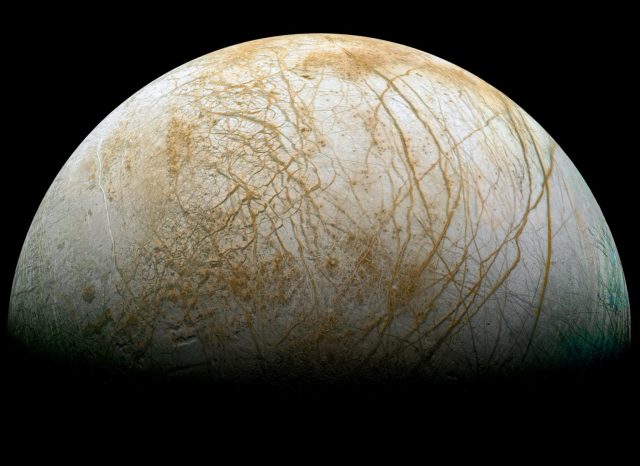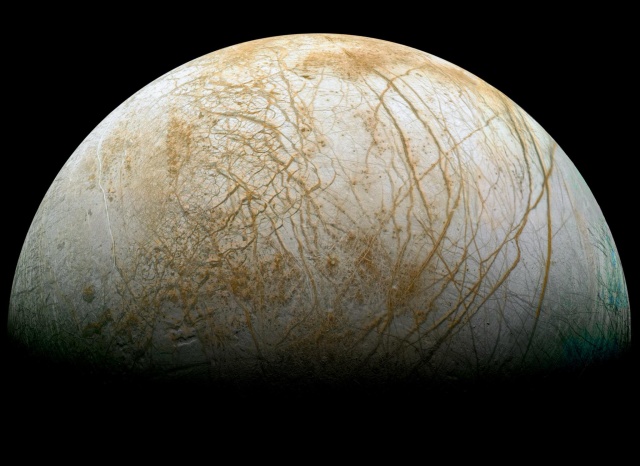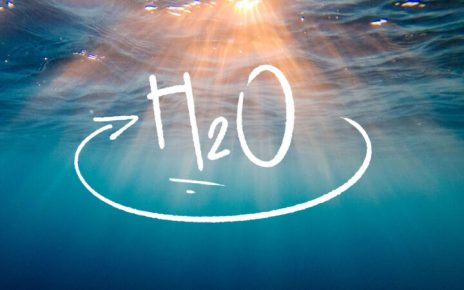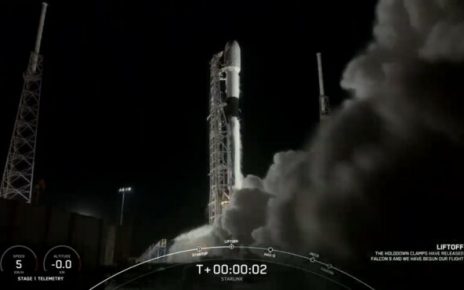
(credit: NASA)
Jupiter’s moon Europa, a large world with a vast sub-ice ocean, is thought to be one of the best candidates for hosting life elsewhere in the Solar System. NASA has considered sending a lander to the moon’s surface to see if its ice contains chemicals indicative of the presence of life, although that project is still in the evaluation phase.
A paper released on Monday explains what that mission will require in order to have a decent chance of finding these chemicals. To discover any pristine material, the lander will need to carry a drill capable of going at least a meter below the moon’s surface.
Reshaping the surface
The gravitational strains placed on Europa by Jupiter and its other large moons are the energy source that keeps part of the moon’s water liquid. But the liquid portion of Europa—thought to be a moon-wide ocean—is tens of kilometers below the ice on the moon’s surface. So detecting evidence of life isn’t a matter of peering down from orbit.





